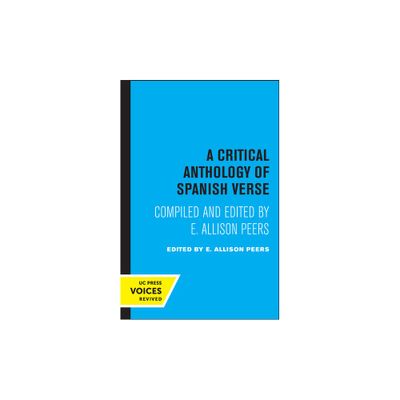Home
Contemporary Religious Satanism: A Critical Anthology
Loading Inventory...
Barnes and Noble
Contemporary Religious Satanism: A Critical Anthology
Current price: $69.99


Barnes and Noble
Contemporary Religious Satanism: A Critical Anthology
Current price: $69.99
Loading Inventory...
Size: Paperback
*Product Information may vary - to confirm product availability, pricing, and additional information please contact Barnes and Noble
The Church of Satan was founded by Anton LaVey on April 30, 1966. In his hands, Satan became a provocative symbol for indulgence, vital existence, natural wisdom and the human being's true animal nature. At present, religious Satanism exists primarily as a decentralized subculture with a strong internet presence within a larger Satanic milieu in Western culture. Though most are inspired by LaVey, the majority of contemporary Satanists are not members of the Church of Satan. The various expressions of modern Satanism all navigate in today's detraditionalized religious market through the creative appropriation of popular culture, philosophy, literature and religion. The concrete solutions are varied; but they all understand the power of transgression allying oneself with a most powerful symbol of resistance, namely Satan. Thus, contemporary religious Satanism could be understood as a complex negotiation of atheism, secularism, esotericism and self: A "self-religion" in the modern age. Despite the fascinating nature of religious Satanism, it has attracted little scholarship until relatively recently. This book brings together a group of international scholars to produce the first serious book-length study of religious Satanism, presenting a collection that will have wide appeal to specialists and non-specialists alike. The first part contains broader studies of influential groups and important aspects of the Satanic milieu, especially regarding historical developments, the construction of tradition and issues of legitimacy. The second part narrows the view to regional variations, especially with studies on Northern and Eastern Europe. The third part consists of primary documents selected for their representational and informational value.


















